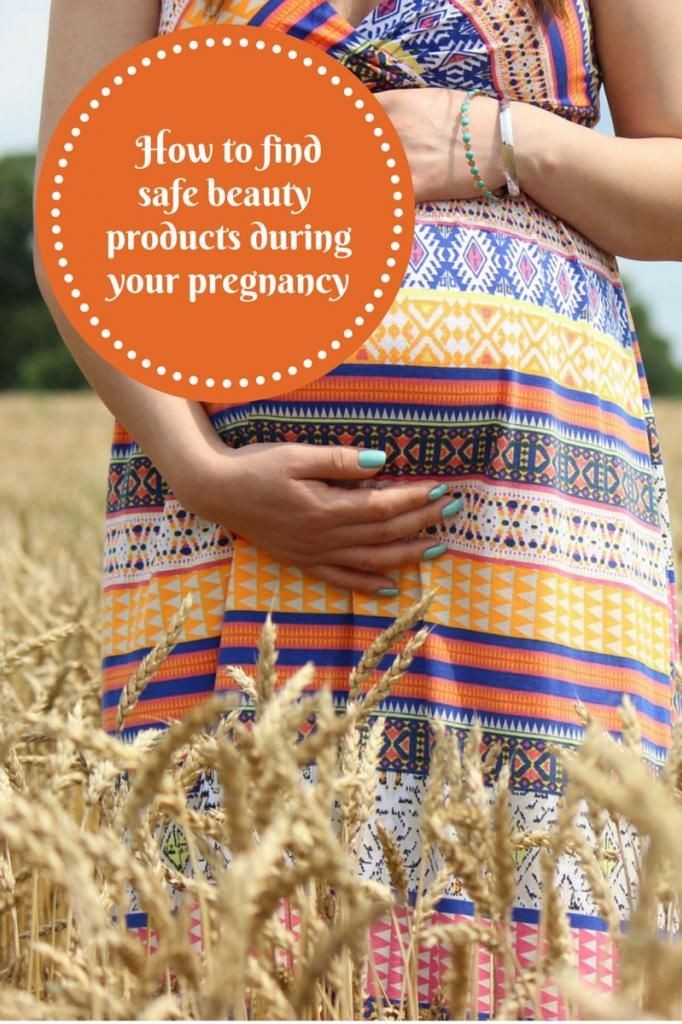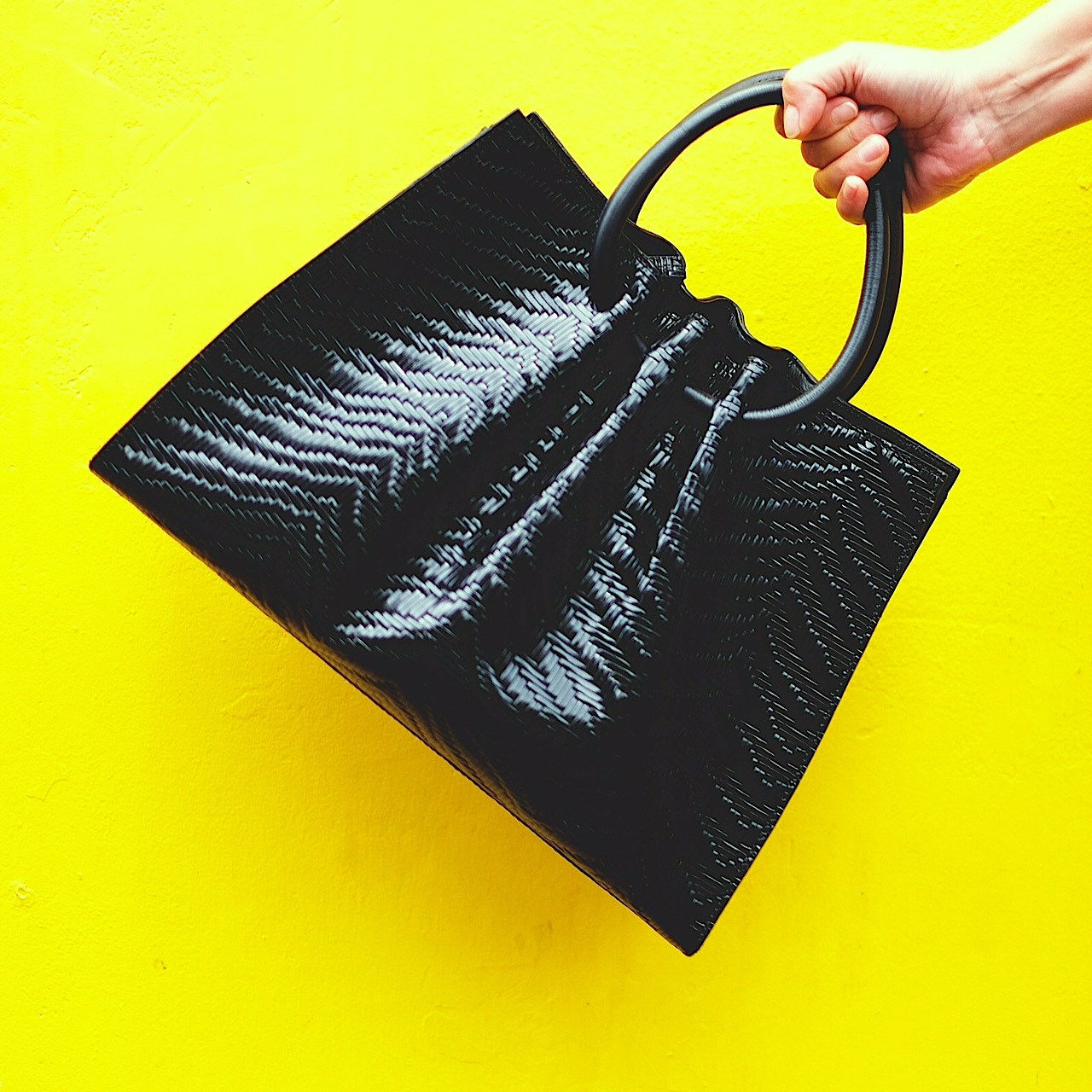By Helen Clemson
The fourth and final part of our pregnancy series deals with a question the bulk of expectant mom’s are concerned with: is this safe for me to use? Like food, there are some substances in beauty products that are best avoided when your bun is in the oven. However it’s not as dire a situation as you may think; the majority of ingredients – especially since they’re being applied topically – are quite safe. Here are five “rules” to help you:
Rule one: Say (a big) no to hydroquinone and retinoids
According to dermatologist Dr. Dagmar Whitaker, there are in fact only two skincare ingredients that should definitely be avoided: hydroquinone and retinoids. The former is a skin lightener, which gets absorbed in substantial amounts, explains Dr. Whitaker. And when it comes to retinoids (retinol), don’t go there either, she cautions. You’ll find them (like Retin A) formulated in either acne or anti-ageing products. As dermatologist Dr. Dilshaad Asmal explains, “high doses or oral Vitamin A during pregnancy can be harmful to the fetus.”
Rule two: Will it go into my bloodstream?
When purchasing a product or getting a script for a treatment cream from your doctor, ask if the ingredients will be absorbed into your bloodstream. “Some ingredients get absorbed and those you want to avoid,” says Dr. Asmal. Got something in your beauty cupboard but no one to ask? This is Dr. Asmal’s best advice: “The more powerful and targeted the treatment, the more careful you have to be.”
Rule three: Soy revs up pigmentation
“Soy, which is natural, can make melasma (pigmentation during pregnancy) worse,” says Dr. Asmal, who explains it’s because it has estrogenic effects. Still want to use soy to treat your pregnancy pigmentation? Some soy products have the estrogen taken out, says Dr. Asmal, so do your research carefully.
Rule four: Not all essential oils are created equal
Dr. Asmal reports that unfortunately there’s a lack of information with regards to the toxicity of essential oils during pregnancy. Her advice is to “avoid the internal and undiluted application of essential oils throughout pregnancy.” But that doesn’t mean you need to kiss aromatherapy massages and creams laced with essential oils goodbye. “During the first trimester it’s best stay away from all highly concentrated essential oil,” says skin therapist and spa manager at Majeka House, Inalie Victor. “Body creams with a small concentration of essential oils are safe because the molecules of the essential oils aren’t big enough to be absorbed into the bloodstream.” And what about concentrated products? “Essential oil molecules are very small, so they get easily absorbed,” says Victor, who explains that there’s a possibility that they may cross the placenta and reach your growing baby’s circulation. “The major danger is that they can cause pre-labour.”
Diluted essential oils that are perfectly safe while your baby is incubating are lavender, chamomile and ylang ylang, as these can calm, relax and help you to sleep better, says Victor. But stay clear of rosemary as it increases blood pressure and may trigger contractions (ditto jasmine) and basil can contribute to abnormal cell development, she explains. After birth – and while breastfeeding – most essential oils are fine to use, although some have an extremely strong smell and may influence the taste of your milk.
Rule five: Spa treatments get the green light
Pregnancy brings out the worst fears in some women. It’s bye-bye sushi and hello a diet free of cheese and caffeine. While I agree about the caffeine bit (or at least limiting the amount), I’ve been eating sushi since I found out I was expecting. While I always make sure the fish is reliably sourced, since my gynecologist gave me the go-ahead, I’ll admit I’ve indulged in a California roll…or six.
The same goes for spa treatments like massages and facials. Massage is very safe when pregnant, says Tania Odendaal of The Garden Spa at Babylonstoren. “It’s a great tool to help expectant mothers with issues like pain relief, stimulation of hormones like serotonin, improving sleep and promoting a physiological response to relaxation,” she says. What to avoid? “Deep pressure on the legs,” says Odendaal, who explains that you’re more prone to blood clots in that area when pregnant thanks to circulatory changes in the body. “I’d also avoid massage on the abdominal area,” she says. And while light foot massage will feel delicious (and lessen swelling and pain), Odendaal advises you stay clear of deep pressure reflexology, especially during the first trimester.
What about facials? Again totally safe, she says. However she recommends you ask about the skincare products used during the treatment before booking your appointment, as there may be some unsafe ingredients you’ll want to avoid.
I wrote this post hoping to inform and help but not scare you. My best beauty advice? Do your research, but there’s no need to be neurotic. If you feel comfortable using something on your skin, use it. There are some very active ingredients to stay clear of, but the rest are essentially harmless, so have that facial, sweep on that fragranced body butter, and dare I say, eat that sushi? (No, seriously, always check your sushi is from a reliable source before putting chopsticks to mouth).



